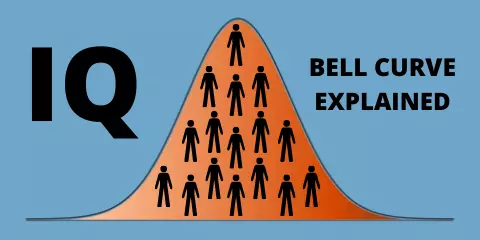Intelligence is the skillset that allows us to solve problems, understand new situations, and deal effectively with changing conditions.
In the past, the only tool for measuring intelligence was IQ tests. Over the years, psychologists realized that IQ tests are not enough to give a complete picture of intelligence, so "EQ" was coined.
This article will explain what IQ and EQ are and the differences between them in simple words. In addition, we will explain why both are very important and how you can develop and measure them.
IQ - INTELLIGENCE QUOTIENT
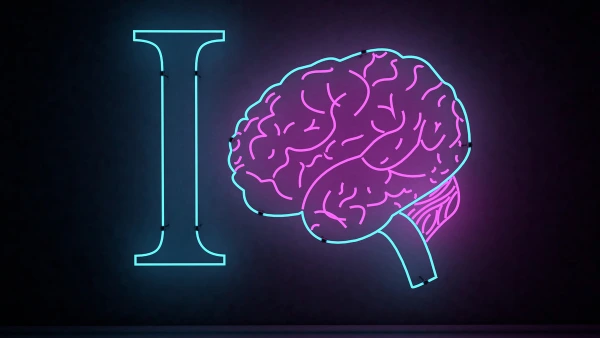
IQ (or intelligence quotient) is the score received from tests that examine cognitive function, academic abilities, logical understanding, and pattern recognition.
Those tests are called "IQ tests" and have been done by neuropsychologists for many years. Today's most common tests are the "Wechsler" IQ test and the "Stanford-Binet" IQ test.
The IQ scores are arranged on a scale, with the average score being 100. For example, an individual with an IQ score of 130 would probably be better able to deal with complex logic questions than a person with an IQ of 70.
IQ scores are normally distributed in the general population. If you want to dive deeper into this topic, check our article on the IQ bell curve.
IQ usually measures academic success, and as a result, it is reflected in the ability to choose a profession. For example, the average IQ of physics professors will likely be higher than the IQ of the average person. The reason is that the thinking abilities required to reach the professorship are very high.
EQ - EMOTIONAL QUOTIENT
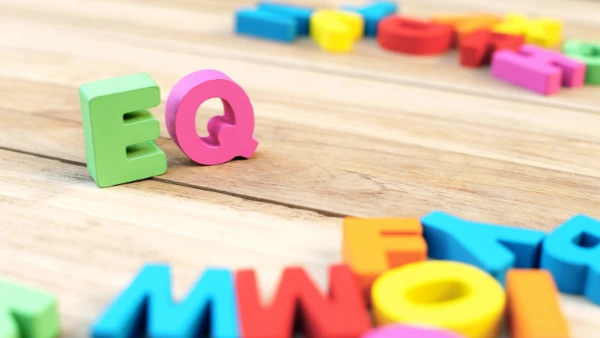
EQ is an acronym for "emotional quotient" or "emotional intelligence." This term was first coined in the 1960s, thanks to researchers seeking to understand and identify the non-cognitive components involved in behavioral processes, such as learning, relationships, etc. Only in 1990, however, did the concept of "emotional intelligence" gain scientific validity.
If you search for the official definition of EQ, you probably will not find an agreed one. Many psychologists define it in different forms since this domain is relatively recent.
The most precise definition of EQ, according to Yale University psychologists, is: "Emotional intelligence is a set of four related abilities: perceiving, using, understanding, and managing emotions."
And not only of our emotions but also of those around us. Family members, co-workers, and our children. Therefore, emotional intelligence affects our success in parenting, work, school, and relationships.
It is surprising to hear this, but the results of many clinical studies conducted in recent years indicate that emotional intelligence also impacts test success, learning, and career.
HOW CAN IQ AND EQ BE MEASURED?
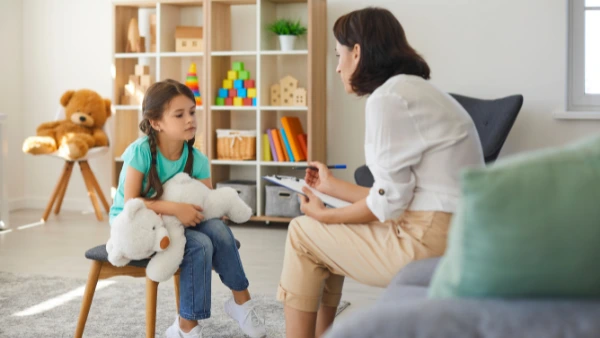
IQ can be measured by an IQ test, answering questions, and getting the result. In the article: "How Intelligence is Measured," you will understand the methods used to measure IQ.
We at Brainalytics have developed the most sophisticated free IQ test online. It is not as accurate as traditional offline tests, but it is based on comprehensive research and experience.
To take an EQ test, you will need to see a psychologist who will interview you and ask you to fill out various questionnaires.EQ, however, is not as measurable as IQ. There is no "magic number" that can rank you in relation to the population.
According to their impression of you, the psychologist can estimate whether your EQ is high, standard, or low. You can also find websites that serve these questionnaires online, but they are not as accurate as the assessment performed by a face-to-face expert psychologist.
IS IT POSSIBLE TO INCREASE IQ AND EQ?
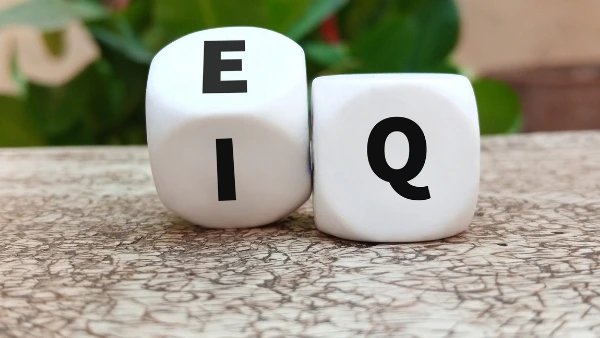
increasing IQ
Regarding increasing IQ, there is no clear consensus among scientists. However, new studies are increasingly showing that there is a possibility of improving your IQ.
In our article: "Is it possible to increase your IQ?" ,you will find all the resources and methods to do it.
increasing EQ
Emotional intelligence has genetic elements, and some psychologists estimate the genetic weight is about 30%. Psychologists also believe it is an acquired ability that can be learned and developed during life.
Children, for example, develop emotional intelligence through imitation, internalization of messages, and observation of parents, siblings, and other significant adults in their lives.
Therefore, childhood is considered one of the main stages in developing emotional intelligence, and hence parents have a significant role in planting the foundations.
However, even those who did not have a beneficial parental influence in childhood can improve their emotional intelligence in various frameworks, such as group therapy, workshops, personal psychotherapy, etc.
WHICH IS MORE IMPORTANT, IQ OR EQ?
Of course, the two factors are essential, but the importance is distinct for each individual.
Perhaps IQ will be more important for the individual required to deal with logical problems and cognitive challenges daily.
On the other hand, EQ will be more important for the individual who must manage many employees and personnel. These two factors are significant, and in both, we are aided by our daily lives.
conclusion
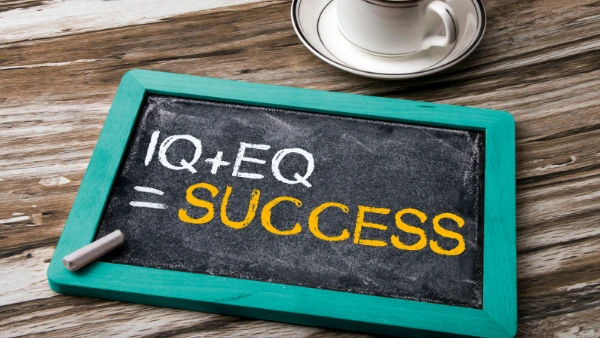
Similar to how IQ makes it possible to make assumptions about academic achievement, EQ makes it possible to make assumptions about social and emotional skills. These capabilities should not be separated.
So in answering the question: "Which is more important: IQ or EQ?" there is no clear winner. Both are important to manage and deal with diverse challenges effectively.
Discover your accurate IQ, and take Brainalytics' free IQ test →


